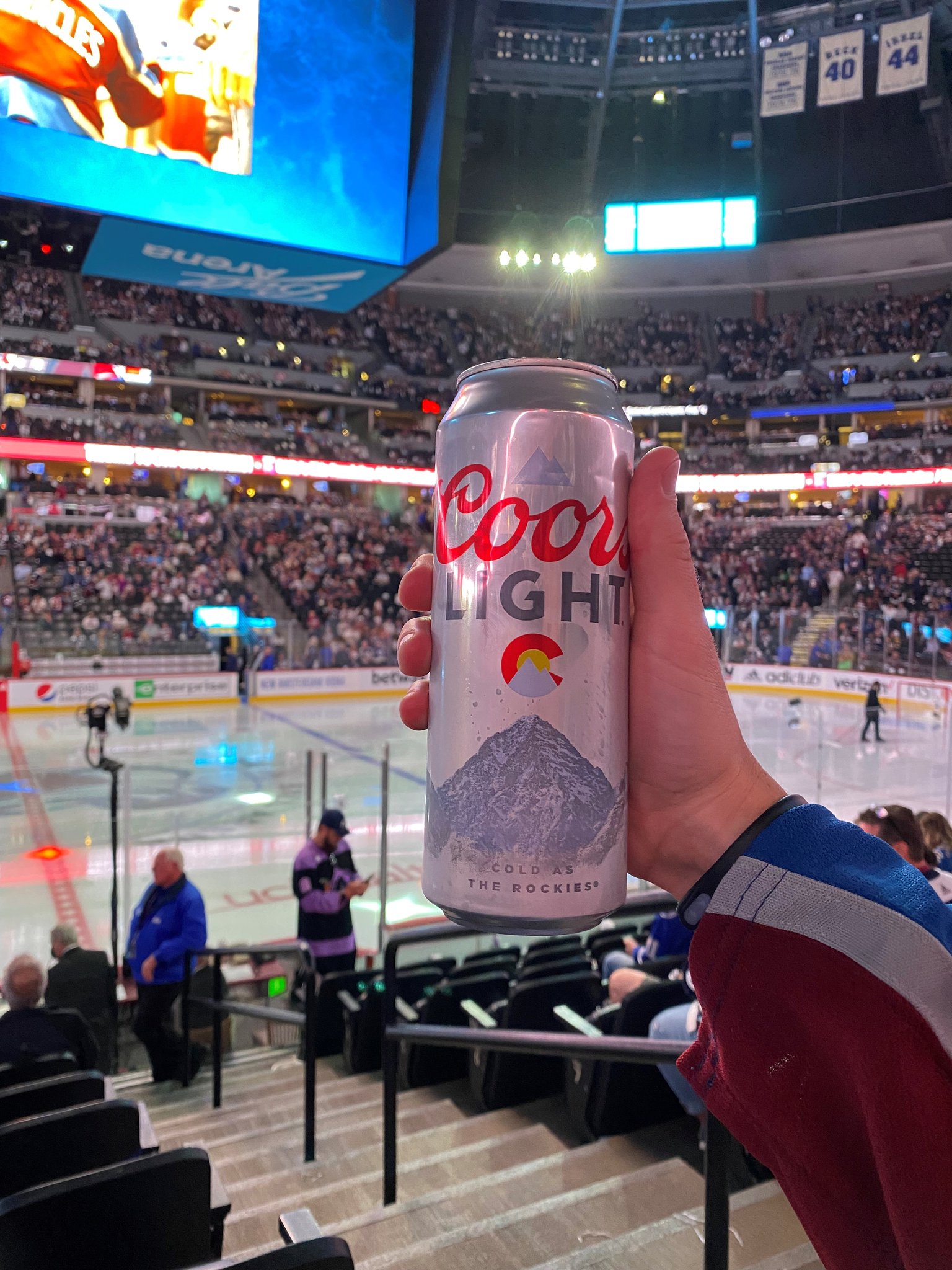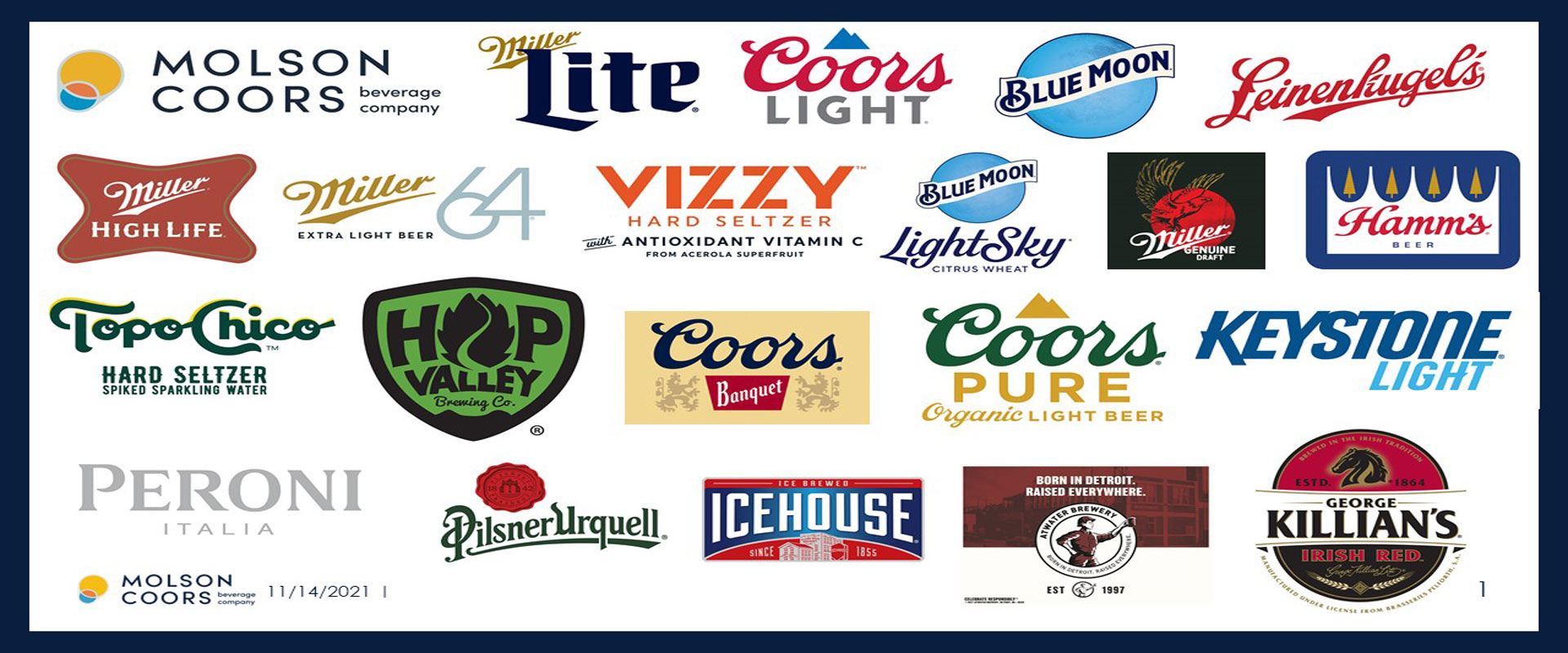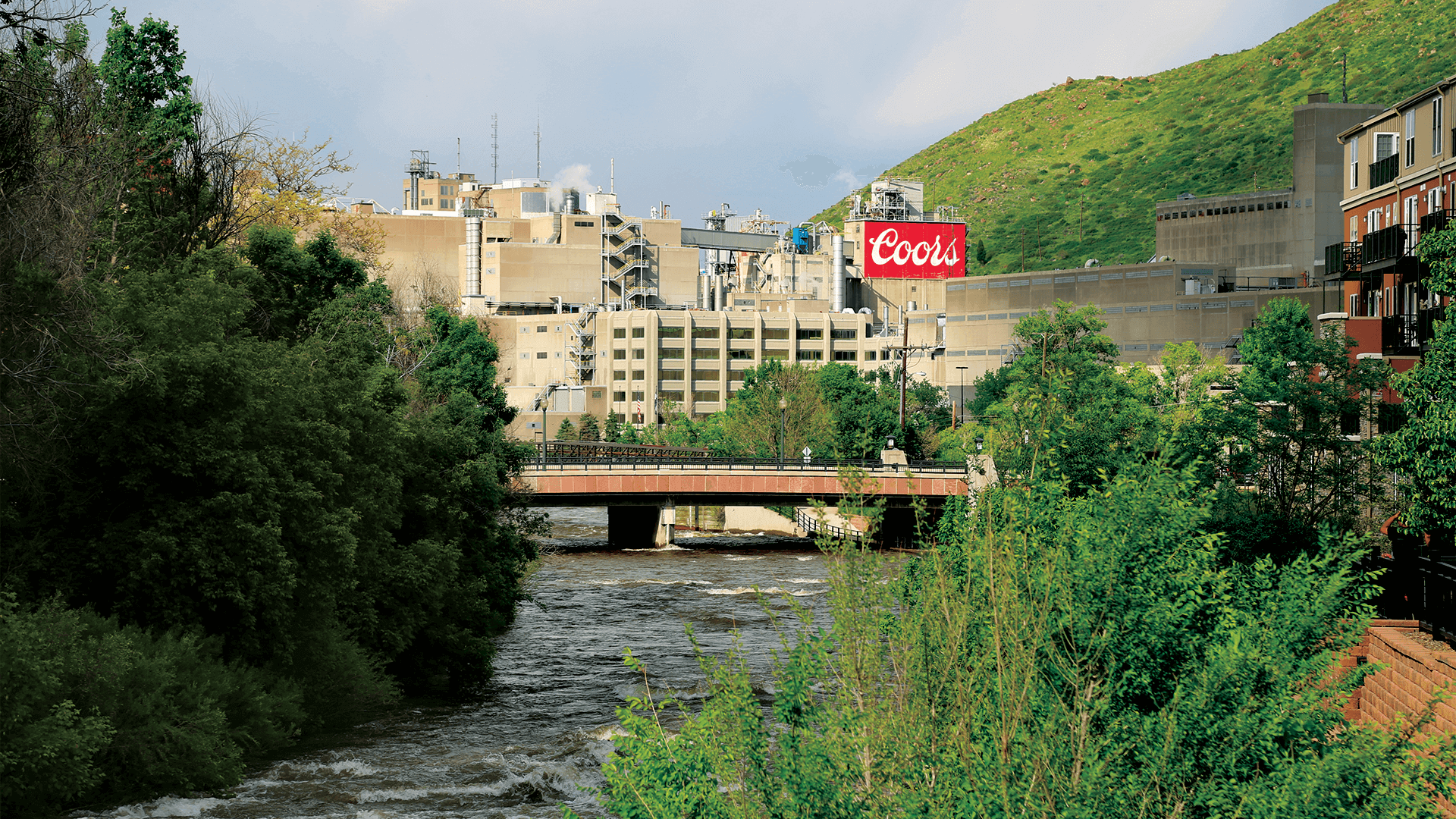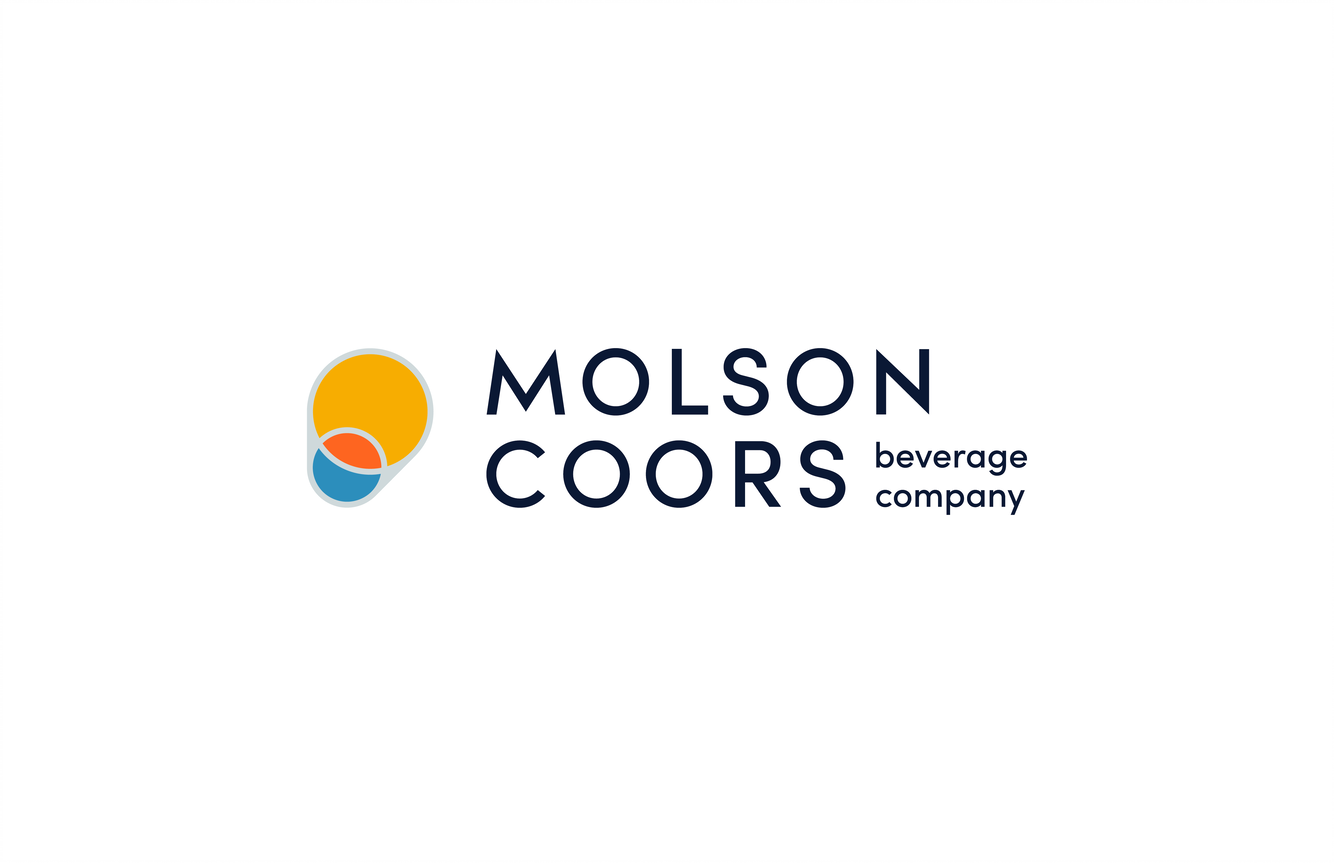Brewpub Closures: What The Demise Of Molson Coors' Denver Location Says About The Industry
The craft beer industry has experienced unprecedented growth over the past decade, with the number of craft breweries in the United States increasing from just 150 in 2009 to over 8,000 today. However, this growth has not been without its challenges. In recent years, there have been a number of high-profile brewpub closures, including the demise of Molson Coors' Denver location. What does this say about the industry as a whole? Is the craft beer bubble bursting, or is this just a natural part of the industry's evolution?
The craft beer industry is notoriously difficult to pin down, with many of its defining characteristics being somewhat contradictory. At its core, the industry is driven by a passion for innovation and creativity, with many brewers pushing the boundaries of what is possible with beer. However, this emphasis on experimentation and risk-taking can also make the industry notoriously vulnerable to financial uncertainty.
According to a report by Euromonitor International, the craft beer market in the United States is expected to continue growing in the coming years, with sales projected to reach $11.5 billion by 2023. However, this growth is likely to be driven by a shift towards more mainstream brands, with many of the smaller, independent breweries struggling to compete.
One of the main reasons for the decline of the craft beer industry is the rise of big-box beer retailers. These retailers, which include stores like Total Wine and BevMo, offer a vast selection of beers at discounted prices, making it difficult for smaller breweries to compete. In addition, many of these retailers have started to carry a wider range of beers, including more mainstream brands, which has further eroded the market share of independent breweries.
Challenges Facing Independent Breweries
There are a number of challenges facing independent breweries, including:
- High overhead costs: With rent, equipment, and staff costs all eating into profit margins, many independent breweries are struggling to make ends meet.
- Competition from big-box retailers: As mentioned earlier, big-box retailers are offering a wider range of beers at discounted prices, making it difficult for independent breweries to compete.
- Changing consumer preferences: With the rise of craft beer, many consumers are now looking for more complex and nuanced flavors, which can be difficult for smaller breweries to deliver.
The Impact of Brewpub Closures
The closure of Molson Coors' Denver location is just the latest in a series of high-profile brewpub closures. According to a report by Business Insider, over 1,000 craft breweries in the United States have closed since 2015, with many more likely to follow.
-
Factors Contributing to Brewpub Closures
• Financial uncertainty: With high overhead costs and decreasing sales, many independent breweries are struggling to stay afloat.
• Changing consumer preferences: With the rise of craft beer, many consumers are now looking for more complex and nuanced flavors, which can be difficult for smaller breweries to deliver.
• Competition from big-box retailers: Big-box retailers are offering a wider range of beers at discounted prices, making it difficult for independent breweries to compete.
The Future of the Industry
So what does the future hold for the craft beer industry? While there are certainly challenges ahead, there are also many opportunities for growth and innovation. According to a report by Deloitte, the craft beer industry is expected to continue growing in the coming years, with sales projected to reach $15 billion by 2025.
-
Emerging Trends
• Direct-to-consumer sales: With the rise of online ordering and delivery, many breweries are now selling directly to consumers, bypassing traditional retailers.
• Experiential marketing: Breweries are now focusing on creating immersive experiences for customers, including events and festivals.
• Increased focus on sustainability: With growing concerns about climate change, many breweries are now focusing on sustainability, including reducing waste and using renewable energy.
Conclusion
The closure of Molson Coors' Denver location is just one example of the many challenges facing the craft beer industry. While there are certainly challenges ahead, there are also many opportunities for growth and innovation. By focusing on direct-to-consumer sales, experiential marketing, and sustainability, breweries can position themselves for success in a rapidly changing market.
-
Takeaways
• The craft beer industry is notoriously difficult to pin down, with many of its defining characteristics being somewhat contradictory.
• The rise of big-box retailers is a major challenge facing independent breweries, with many struggling to compete.
• There are many opportunities for growth and innovation in the industry, including direct-to-consumer sales, experiential marketing, and sustainability.With the craft beer industry continuing to evolve and grow, there is never been a more exciting time to be a part of the industry. By staying adaptable and innovative, breweries can position themselves for success in a rapidly changing market.
Matthew Gray Gubler Partner
Katy Lane Newcombe
Karlan Connieenio
Article Recommendations
- Hattel Alan
- Who Is H L Ne Joy Partner
- Stefan Fritzl
- Mikayla Campinos
- Brooke Monkd
- Abraham Williams Net Worth
- Watchports Online Free
- Abby Bernerd
- Mykie And Anthony
- Haesicks



